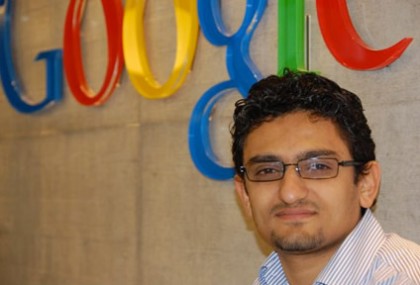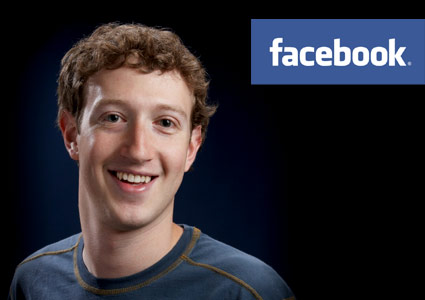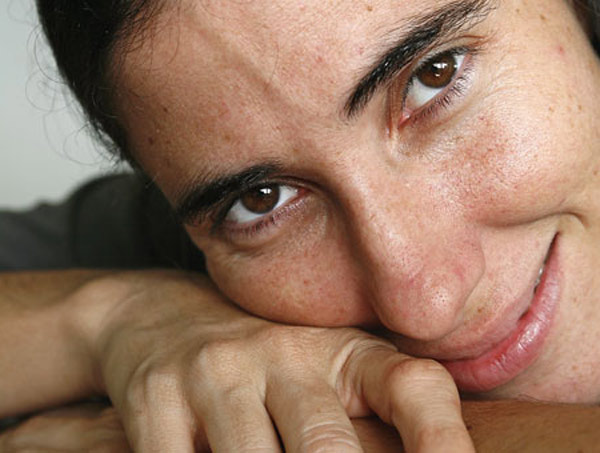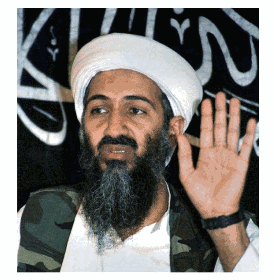One

Wael Ghonim
The sui generis Egyptian revolution which occurred very recently changed the status of two people in particular. The first, Hosni Mubarak, moved from an everlasting and plenipotentiary leader of the African nation, to swell the list of dictators happily overthrown. The second: Wael Ghonim. A name unknown until recently and who would soon be considered by Time magazine as one of the most influential people in the world, in its list of 100.
A professional in computing, a Google executive, and a fearless activist, Ghonim inscribed his name in the history of his country by developing an effective campaign of information and organization against Mubarak, employing social networks such as Facebook and Twitter.
Two
Mark Zuckerberg
Strongly related thematically to the previous name, another name that a few years ago could have been mistaken for a football player, or a professor of anthropology; not only does he share a place among the 100 characters that move the planet today, but he possesses one of the most mouth dropping fortunes, with nearly 7 billion dollars: Mark Zuckerberg.
Thanks to him, the globe grows smaller every day, I talk with my Cuban friends across the sea, and Egyptian revolutionaries–including Ghonim–taught the tyrant Mubarak to the times of the eternal pharaohs are in the distant past. The word “Facebook” must be one of the most used in all the languages we speak today.
Three
Yoani Sánchez
Not long ago, a Cuban in her thirties outshone the stardom of almost all the enemies of the gerontocratic of the regime that governs her country. Yoani Sánchez shares the now historic podium with those who belong to the Castro family, their acolytes and gatekeepers, considered the most visible faces of evil.
What has been the terrible work of this driven woman from Havana? Simple: to dare to have a blog. To dare to use Twitter as an unclosable door of freedom and expansion. And to spread the virus of cyber-expression to Cuban souls who will, in the future and to a greater or lesser extent, integrate themselves into this axis of evil (from the official point of view).
It doesn’t surprise me that some of the Island’s traditional opponents, brave as borders, have a grudge against this girl of Generation Y: she has unwittingly become Public Enemy Number 1 of the tropical dictatorship.
Four

Sohaib Athar
In the early morning in his peaceful region, a night owl twitterer was surprised by the noise of helicopters in an area where the only thing that flies in the heavens are birds of prey. Seconds later, hearing the sound of bombardment, continuous shooting, Sohaib Athar realized that what he heard in his district of Abbottabad was not a product of his fertile imagination, but something momentous, worthy of being tweeted, happening a few steps from his home.
What this Pakistani never would have assumed is that in that instant he became the first person in history to cover a momentous event via Twitter: almost step-by-step this man informed the world before anyone else, before any powerful television channel, of the operation that killed Osama Bin Laden.
Five
Rest in Hell
During the structural planning of the concealed bunker that would host him as of 2005, the protectors of the world’s most wanted terrorist thought with devastating logic: one of the simplest ways to capture a pursued man is through communication devices.
In his residential complex of high walls and extreme vigilance, the mega-millionaire and mega-assasin Bin Laden survived peacefully, without telephone, television or the Internet. He believed he was more protected without these communication media, and
What his strategies found impossible to provide is precisely this detail that would turn irremediably against him: an enormous house valued at one million dollars, that turns its back on communications, technology, could only be a place that is hiding something. And hidden within it, was someone very important.
According to the CIA reports, their lack of any telephone, television or Internet services was one of the determining points to conclude who its terrible inhabitant was.
Epilogue
There are those who still do not understand that technology has become the best ally of the free and democratic mentalities in the world. People who distrust the devastating power reached by an invention without pretensions, as the Internet once was. Those who can not explain why the totalitarian governments that still swarm around the world, furiously insist on controlling, with an iron fist, the access of their subjects to advanced technologies, be it cell phones, satellite antennas, or a World Wide Web connection, must know: the balance of forces, the global picture has changed. And the modern era, with its creations of science fiction, and something like an implacable cyber-justice, increasingly complicate the impunity of terrorists and dictators in either hemisphere.
May 3 2011



